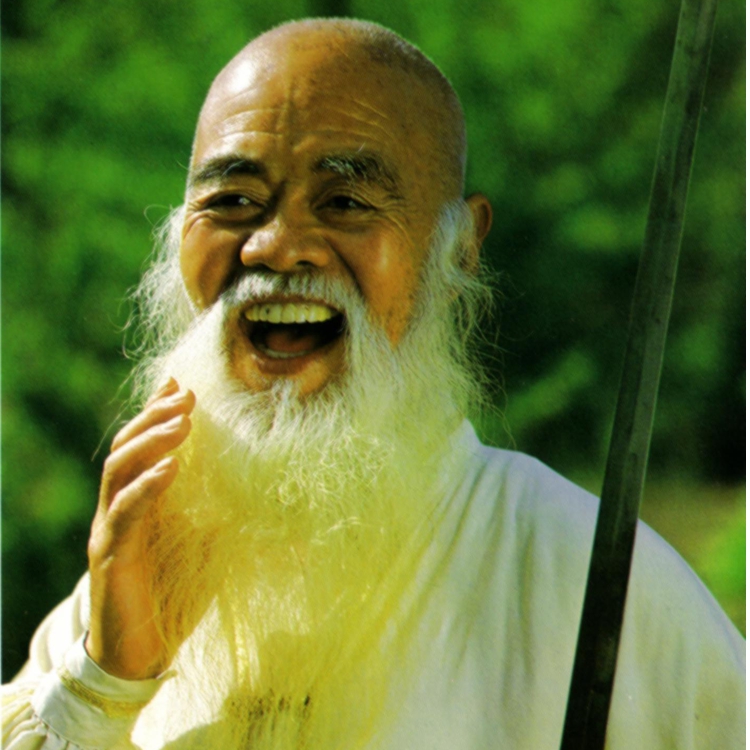In Hong Kong, meeting Adrian Wan Ph.D. and learning about his work on Self Compassion and Mindfulness was an honour and privilege. It was enlightening to hear about and discuss the University of Hong Kong’s research into the mind, body and spirit through its Behavioural Medicine Center’s use of Tai Chi, Qigong and Meditation. This research helps to further understand stress by measuring; Telomeres, saliva cortisol levels and heart rate variability, and also by incorporating qualitative data it has shown some positive benefits of mindfulness practises.
Mindful self-compassion – much more than just a selfish ego trip
In this modern, often stressful world, we have had to develop our sense of ‘self’ and ‘ego’ to protect ourselves. But this over expanded ego can trap us in the habit of constantly thinking instead of feeling. The Mindful approach encourages us to come from a place of compassion for ourselves and others and to stay more heart or intuition centred by observing the thoughts and letting them go when possible.
Cultivating love and kindness towards ourselves and others, when practiced over time, nurtures a sense of peace within us. Being humble, instead of being defensive and self-centred gradually helps us to embrace ourselves and others. If we are coming from a place of over thinking and defensiveness, our thoughts become more selfish and we become isolated, as we build our world of thoughts and the fears they generate around us.
If we open up by being kind, compassionate and inclusive, we begin to feel part of the collective again, less isolated and alone. The biggest challenge with this concept is to begin ‘at home’, as it were, by cultivating a positive view of ourselves. We are often our own worst critics; so being kind and compassionate towards our self can be the biggest hurdle to overcome.
The ideal way to move into being more inclusive towards others and break down the barriers that the ego can build is to begin by nurturing the self, using a Mindful approach. As we do this, the barriers will start to disappear naturally and feelings of isolation will become feelings of openness and curiosity rather than feelings of paranoia and fear.
The term ‘awareness’, in context with a Mindful approach, simply means to ‘observe’ In a detached, egoless manner, without adding any dramas or stories to whatever is going on. This can be looked at on two levels. An internal level ie what’s going on with our thoughts and behaviours generally; and an external level ie any events that are happening to us or around us that can cause a reaction.
This idea meshes perfectly with Applied Tai Chi ‘Distilling the Essence’. Tai Chi done just as choreography will have benefits – just like a dance or movement therapy. However, I understand just how much more we can benefit in so many ways by including the mindfulness that I consider intrinsic to the practice of Tai Chi and Qigong. The mindful awareness of ourselves, our surroundings, our fellow students, our breathing, our mental focus – these can all contribute to a much deeper feeling of calmness and balance. After all, isn’t that WHY we play Tai Chi? If you think you have to get all the movements right to be good at Tai Chi, then be prepared to spend a long time feeling bad.
For many years now, we have focused on ‘Yang Sheng’ or Life Nourishment, which encompasses the aspects of mindful self-compassion. You are worth it – so make a date with yourself. Take an hour out of your day to nourish your body, mind and spirit with some physical and mental exercise. You will thank yourself for this special time that you have set aside. I’m your teacher for one hour a week but you’re training yourself for 167 hours
Applied Tai Chi Qigong methods are practical and physically they are geared towards structural mechanics. They work to strengthen and protect your body, minimise wear and tear and to cause no harm.
Applying Tai Chi principles of mindfulness for self-care and restoration provides you with perspectives and tools for managing stress and fatigue on physical, mental and emotional levels.
Understanding The Autonomic Nervous System will provide you with a deeper understanding of just how integrated the human physical, mental and emotional landscape really is and more importantly, how to take control of it.
This mindful perspective invites you to look beyond symptoms for a deeper understanding of behavioural health and the human mental health condition.
Don’t become a burn out statistic, learn to protect yourself. Nurture: when conditions are right, things thrive.
Sometimes you are not broken; you just need a recharge, maybe even just a short one. Think of this like a mobile phone that has lost its charge – it is not broken and useless, it just needs a recharge to become functional again.
Physical exercise helps us to become physically fit, cognitive/brain training helps us to become cognitively fit. When we combine the two, they are synergistically amazing.
When training, think of the process not just the technical details, notice how you feel and use positive reinforcement. Only go as far as you can comfortably – be kind to yourself. Nurture any areas that need more attention.
Relax your mind. Don’t turn everything into every think.
Master Rod Ferguson



